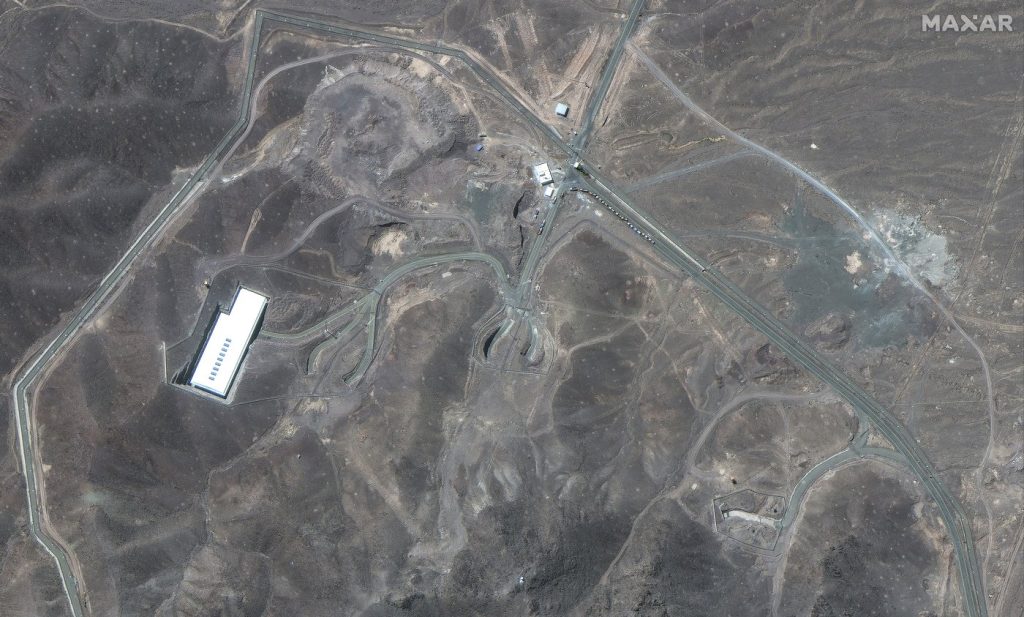The recent U.S. military strike on Iran has heightened fears of a potential escalation in the ongoing conflict between Israel and Tehran, prompting global calls for diplomatic efforts and caution. This decisive action by Washington follows President Donald Trump's announcement earlier in the week that he would assess U.S. involvement within two weeks. However, the decision to intervene came much sooner, with the attack occurring on Sunday, June 21, 2025.
The extent of damage resulting from the U.S. airstrikes on Iranian nuclear facilities remains uncertain. In response to the involvement of the U.S. in what was initially an Israeli campaign, Iran has vowed to retaliate. This raises questions about Iran's potential reaction—whether it will choose to capitulate under pressure or respond defiantly by targeting U.S. assets across the Gulf region with the support of its allies.
Global reactions have varied significantly, with the United Nations urging restraint. U.N. Secretary-General Antonio Guterres expressed his grave concern over the U.S. military actions, warning of the alarming risks associated with the conflict spiraling out of control. Guterres emphasized that military solutions are ineffective and advocated for diplomatic approaches to foster peace and stability.
In New Zealand, Foreign Minister Winston Peters called on all parties to resume talks, characterizing the situation as the most critical he has ever encountered. While he refrained from commenting on Trump's actions immediately, Peters stressed the need to avoid further escalation, believing that diplomatic engagement is superior to military intervention.
Meanwhile, China’s government-run media reflected skepticism regarding U.S. intentions, questioning if America was repeating past mistakes made during the Iraq war. A commentary by CGTN highlighted the potential for unintended consequences of military interventions, suggesting that a diplomatic approach focusing on dialogue is essential for Middle Eastern stability.
In Japan, Prime Minister Shigeru Ishiba scheduled a meeting with key ministers to address the implications of the U.S. attacks on Iranian nuclear infrastructure. Japanese media was quick to respond, with the country’s largest-circulation newspaper, Yomiuri, releasing an extra edition covering the developments in Tokyo.
South Korea's presidential office also reacted promptly, announcing an emergency meeting to evaluate the security and economic ramifications resulting from the U.S. strikes, as well as to determine South Korea's potential responses.
Additionally, Australia, which recently evacuated its embassy staff from Tehran, reiterated its support for a diplomatic resolution. Australian officials underscored the perceived threats posed by Iran's nuclear and ballistic missile programs to international peace and security, maintaining that de-escalation and dialogue are essential in the volatile regional landscape.
The situation remains fluid as nations assess both the immediate impact of the U.S. strikes and the potential for further escalation in the region. International leaders continue to call for restraint as they seek to navigate the complexities arising from the conflict involving Iran.











